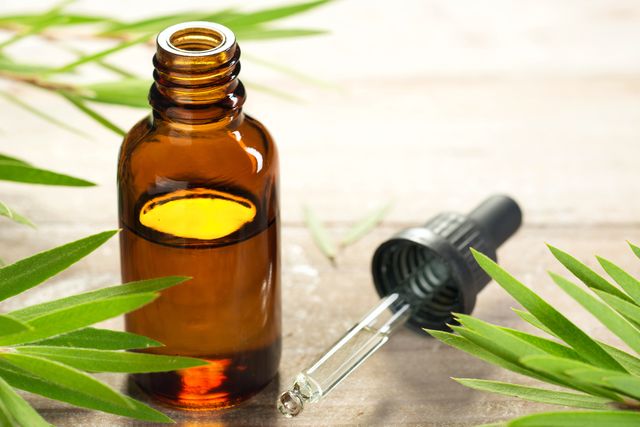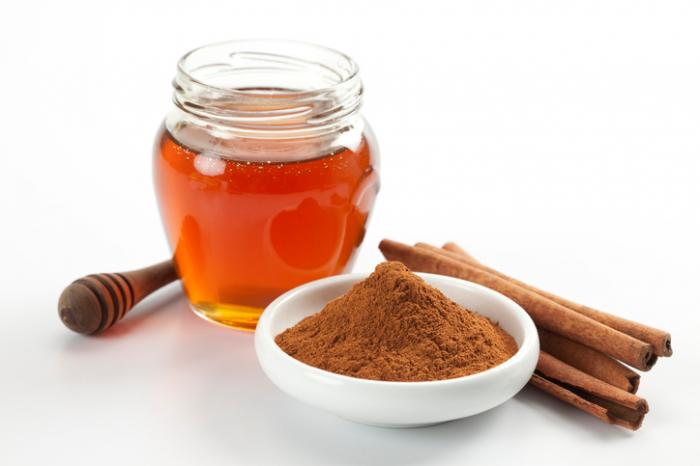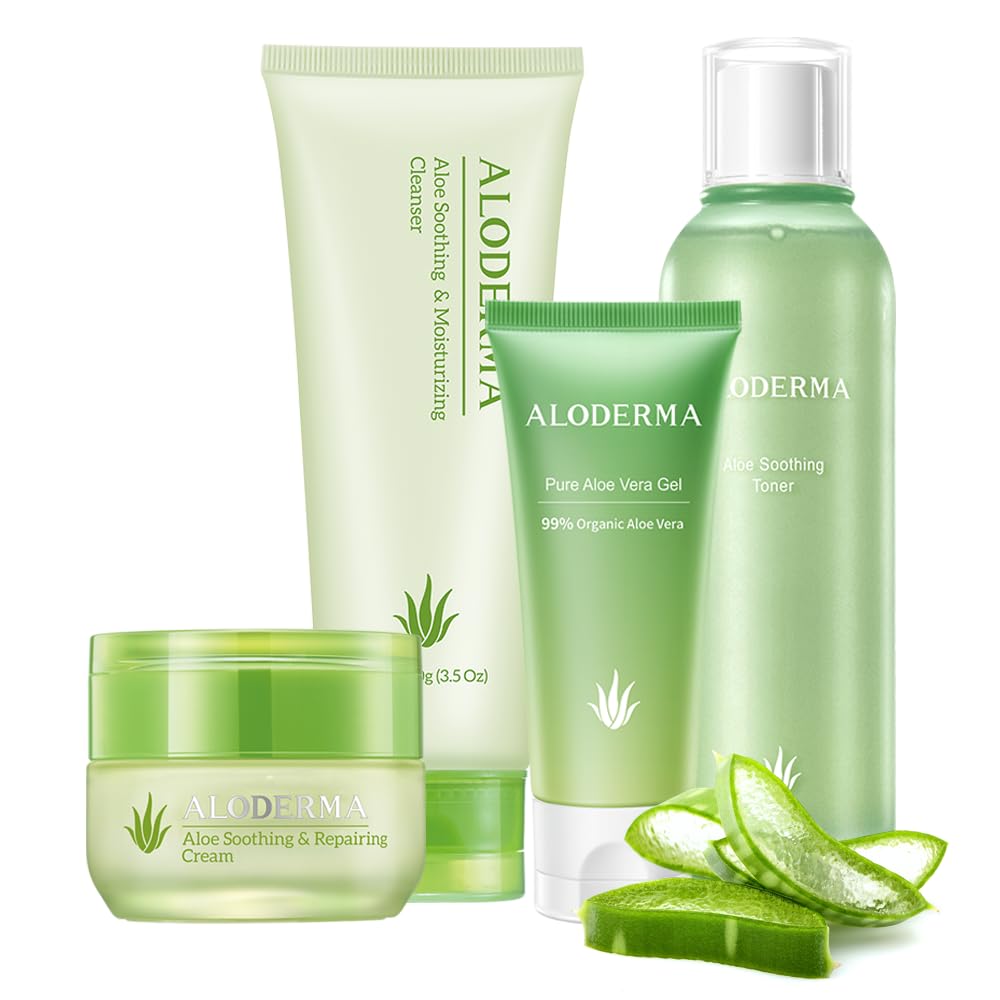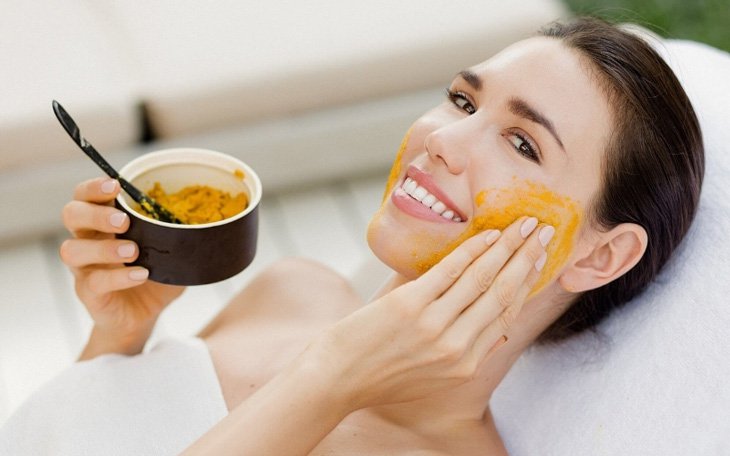Home Remedies For Acne That Actually Work
Honey, cucumbers, tea tree oil, oatmeal, jojoba oil, zinc, green tea, eucalyptus oil, aloe vera, lemon juice, turmeric, echinacea, stress reduction, better sleep, and anti-inflammatory dietary adjustments are a few examples of home treatments for acne.
Author:Katharine TateReviewer:Karan EmeryFeb 26, 20246.7K Shares105.8K Views
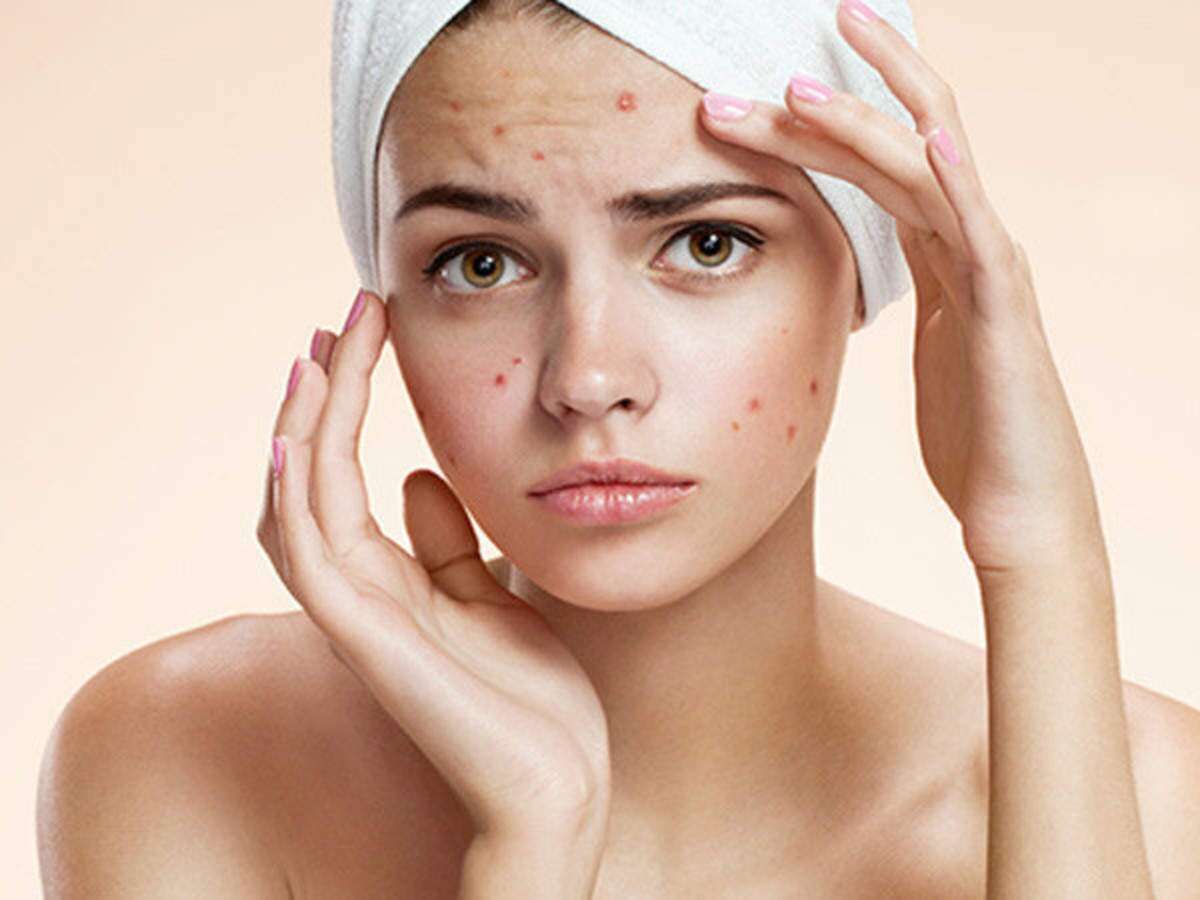
Because our skin is a reflection of our general health, taking good care of it, being hydrated, and maintaining a diet high in nutrients may all contribute to radiant, attractive skin. Finding home treatments for acne is even more crucial when dealing with skin that is rife with whiteheads, blackheads, nodules, and other forms of pimples, since these conditions may be signs of oxidative damage, inadequate nutrition, and hormone imbalances.
You may restore the health of your skin, lessen ugly pimples or other forms of irritation, and avoid acne scars by following these home treatments for acne: eating a balanced diet, using essential oils, gently washing your face, and regulating your hormones. This article explores a variety of home remedies for acne, examining their potential benefits and ways to incorporate them into a skincare regimen.
Understanding Acne And Its Causes
Before diving into home remedies, it's essential to understand what causes acne. Acne occurs when the pores of the skin become clogged with oil, dead skin cells, and bacteria. This can lead to inflammation and the formation of pimples or zits. Several factors contribute to the development of acne, including hormones, diet, stress, and genetics.
Home Remedies For Acne
Although there are medical treatments for acne, such as prescription creams or medications, these home remedies may help you manage acne at home.
Make A Spot Treatment With Tea Tree Oil
Tea Tree Oil, derived from the leaves of the Melaleuca alternifolia plant native to Australia, has long been celebrated for its exceptional medicinal properties. Among its myriad uses, one of the most prominent is its effectiveness in combating acne. Packed with potent antimicrobial, anti-inflammatory, and antiseptic qualities, Tea Tree Oil stands as a natural marvel in the realm of skincare, offering a holistic approach to managing and preventing acne breakouts.
- Antibacterial Power -Tea Tree Oil's primary strength lies in its ability to fight against bacteria, including the notorious Propionibacterium acnes, a key player in acne development. When applied topically, the oil penetrates the skin's layers to eliminate bacteria, reducing the likelihood of new acne lesions.
- Anti-Inflammatory Properties -Inflammation is a common companion to acne, contributing to redness, swelling, and discomfort. Tea Tree Oil's anti-inflammatory properties can help soothe irritated skin, minimizing the inflammatory response associated with acne. This makes it an excellent choice for those with both inflammatory and non-inflammatory acne.
- Application and Dilution -While Tea Tree Oil is a potent remedy, it's crucial to use it judiciously. Pure, undiluted oil can be harsh on the skin and may cause irritation. To create a safe and effective solution, mix a few drops of Tea Tree Oil with a carrier oil, such as jojoba or coconut oil. This dilution ensures that the oil is gentler on the skin while preserving its efficacy.
- Spot Treatment - For targeted results, Tea Tree Oil can be applied as a spot treatment directly onto blemishes. Using a cotton swab, dab a small amount of the diluted solution onto the affected areas. Regular application, preferably overnight, can expedite the healing process and reduce the appearance of acne.
- Incorporating Tea Tree Oil into Skincare Routine -Integrating Tea Tree Oil into a regular skincare routine can be beneficial for acne-prone individuals. Mixing a few drops of the oil into a mild, fragrance-free cleanser or moisturizer allows for consistent application without the risk of over-drying or irritation.
- Caution and Allergy Testing -Before incorporating Tea Tree Oil into your skincare regimen, perform a patch test to check for any adverse reactions. Some individuals may be sensitive to essential oils, and it's essential to ensure compatibility with your skin. If irritation occurs, discontinue use and consult with a dermatologist.
Honey And Cinnamon Mask
The honey and cinnamon mask is a popular home remedy cherished for its potent antibacterial and anti-inflammatory properties, making it a dynamic duo for those combating acne. Honey, a natural humectant, not only moisturizes the skin but also possesses inherent antibacterial qualities that can inhibit the growth of acne-causing bacteria.
Its ability to reduce inflammation and redness makes it a soothing agent, promoting a calmer complexion. When paired with cinnamon, a spice lauded for its antimicrobial properties, the combination creates a powerhouse against acne. Cinnamon aids in reducing inflammation, helping to soothe irritated skin and minimize the appearance of acne lesions.
To create the honey and cinnamon mask, simply mix a tablespoon of honey with a teaspoon of cinnamon to form a thick, paste-like consistency. This aromatic concoction can be generously applied to the face, focusing on areas prone to breakouts. Allow the mask to sit for 10-15 minutes, giving the natural compounds in honey and cinnamon ample time to work their magic. Upon rinsing, the skin often feels refreshed, and with regular use, this natural remedy can contribute to a clearer complexion while providing a delightful sensory experience. It's important to note that individual skin sensitivity varies, and a patch test is recommended before widespread application to ensure compatibility with the skin.
Add Aloe Vera To Your Skincare Routine
Aloe vera gel, derived from the succulent leaves of the aloe vera plant, stands as a versatile and revered remedy in skincare. Praised for its remarkable soothing and healing properties, aloe vera gel is a go-to solution for various skin concerns, including acne. With its natural anti-inflammatory and antimicrobial attributes, applying a thin layer of pure aloe vera gel can effectively reduce redness, inflammation, and discomfort associated with acne breakouts.
Furthermore, aloe vera aids in preventing scarring by promoting skin regeneration and providing a protective barrier. Its lightweight consistency makes it suitable for all skin types, offering hydration without clogging pores. Whether used as a spot treatment or a general moisturizer, aloe vera gel is a botanical gem that not only addresses acne-related issues but also promotes overall skin health and vitality.
Apple Cider Vinegar Toner
Apple cider vinegar (ACV) is renowned for its ability to balance the skin's pH levels and control oil production. Mix one part ACV with three parts water to create a toner. Apply it to the face using a cotton ball after cleansing. ACV's natural acids can exfoliate the skin and unclog pores.
Turmeric Paste
Turmeric, a spice with potent anti-inflammatory and antioxidant properties, has been used for centuries in traditional medicine. Make a paste using turmeric powder and water and apply it to acne-prone areas. Leave it on for 15-20 minutes before rinsing. Be cautious, as turmeric may stain clothing.
Oatmeal Mask
Oatmeal can be used to create a gentle exfoliating mask. Mix cooked oatmeal with honey and allow it to cool before applying it to the face. Oatmeal helps absorb excess oil, soothe irritation, and exfoliate dead skin cells.
Green Tea Extract
Green tea contains antioxidants and anti-inflammatory properties that can benefit acne-prone skin. Applying green tea extract or placing cooled, used green tea bags on the face can help reduce inflammation and fight bacteria.
Hormonal Acne Solutions
Hormonal acne, often characterized by deep, cystic breakouts primarily around the jawline and chin, poses a unique challenge that necessitates specialized solutions. Establishing a consistent skincare routine is foundational, involving gentle cleansers and targeted acne-fighting ingredients like salicylic acid or benzoyl peroxide.
Beyond topical treatments, hormonal regulation becomes a key aspect of managing hormonal acne. For women, oral contraceptives or anti-androgen medications, such as spironolactone, can be prescribed to balance hormones and mitigate acne flare-ups. These medications work by reducing androgen levels, subsequently diminishing excessive oil production, a common culprit in hormonal acne.
In addition to medical interventions, incorporating lifestyle modifications plays a pivotal role. Adequate sleep, stress management techniques, and regular exercise contribute to overall hormonal balance, potentially minimizing the frequency and severity of hormonal acne breakouts. Dietary adjustments, such as reducing dairy and refined sugars, may also prove beneficial for some individuals.
When To See A Doctor
Although home cures are less effective than standard acne drugs, they may nevertheless be appealing to those who choose not to utilize prescription products. Before beginning any self-care regimen for more severe acne, you should speak with a doctor since acne may cause scarring and skin damage. It's crucial to get expert assistance from a dermatologist if using home treatments does not resolve the issue after two to four weeks.
People Also Ask
Are Home Remedies As Effective As Commercial Acne Products?
The effectiveness of home remedies for acne varies from person to person. While some individuals may find improvement with natural remedies, others may require medical or commercial interventions. It's essential to be patient and consistent in trying different remedies to discover what works best for your skin.
Can I Use Multiple Home Remedies Simultaneously?
Combining multiple home remedies may not always be advisable, as certain ingredients may interact or cause skin irritation.
Are Home Remedies Suitable For All Skin Types?
Many home remedies are generally safe for various skin types, but individual reactions can differ.
Final Words
Acne treatments you may do at home may help to lessen inflammation, get rid of blackheads and whiteheads, stop outbreaks in the future, and enhance the general appearance and texture of your skin. If your acne persists or gets worse, reach out to a dermatologist. They can assess your skin, provide effective skincare advice, and prescribe acne medication if necessary.

Katharine Tate
Author

Karan Emery
Reviewer
Latest Articles
Popular Articles
